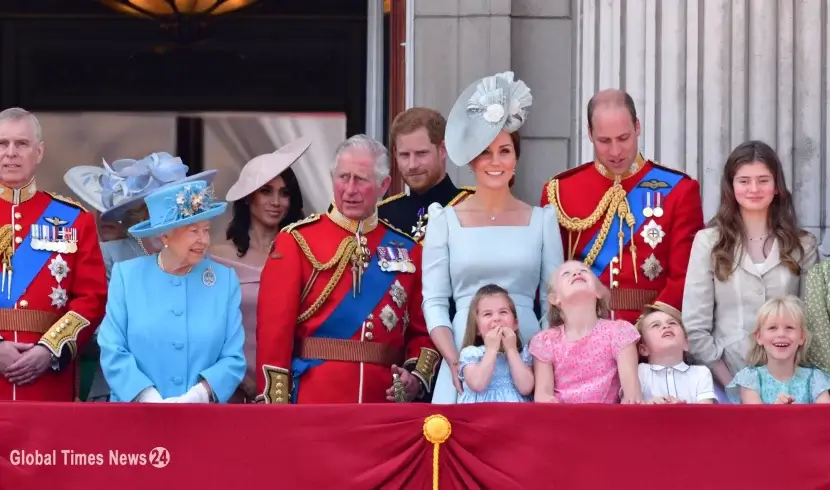Russia’s ambassador to Sofia told a Bulgarian journalist Thursday that he can go anywhere except Russia after the envoy was summoned to Bulgaria’s Foreign Ministry to explain Moscow’s search warrant for Christo Grozev.
Eleonora Mitrofanova was summoned to make a statement about Moscow’s warrant for Grozev.
Russia issued the warrant for the journalist who works for the Bellingcat website, which conducts international research.
The ministry did not make a statement about the meeting but Mitrofanova spoke to reporters and said: "We are not looking for Christo Grozev all over the world. Let him go wherever he wants. We just told him: ‘Do not ever come to Russia.’”
“This decision is only a warning. The Internal Ministry of Russia never explains the reasons for similar decisions it has made,” she said.
After Mitrofanova's statement, Grozev wrote on Twitter: "So they made a decision to call me to inform me that they don't want me."
The leader of five pro-EU and NATO political parties in parliament requested that Bulgarian Foreign Minister Nikolay Milkov be summoned to parliament and report on the situation related to the Grozev incident during the first session on Jan. 3.
President Rumen Radev and the Bulgarian Socialist Party (BSP), which continues the political tradition of the former Communist Party in parliament, as well as the Populist Rebirth Party, did not comment on the Grozev incident.
Prime Minister Gilib Donev conveyed in a statement Thursday that the government is in constant contact with the journalist.
Grozev is known for his research at Bellingcat on the poisoning of Russian dissident Alexey Navalny, former Russian spy Sergey Skripal, his daughter, Yulia, and Bulgarian arms dealer Emilian Gebrev by Russian agents and other assassination attempts.
Problems of teaching Bulgarian in Ukraine
Regarding the ban on teaching the Bulgarian language in schools in Russian-occupied regions of Ukraine, where a large Bulgarian diaspora lives, Mitrofanova said: "Education in 79 foreign languages is conducted in Russia, which is multinational.”
“There are not enough Bulgarian teachers in the territory of Russia.
“Many people have emigrated in areas where there are military activities, so some schools are operating with limited capacity,” she said.
She noted that necessary research will be carried out on the issue and information will be delivered to Bulgarian authorities.
News ID : 1650
 Hamas Condemns Washington's Labeling of Houthis as a Global Terrorist Organization
World / Breaking News
Hamas Condemns Washington's Labeling of Houthis as a Global Terrorist Organization
World / Breaking News
 Despite cease-fire deal, clashes renew in Sudanese capital
World / Breaking News
Despite cease-fire deal, clashes renew in Sudanese capital
World / Breaking News
 Lula wins Brazil's presidential election
World / Breaking News
Lula wins Brazil's presidential election
World / Breaking News
 ECOWAS Delegation Holds Talks with Ousted Niger President Bazoum in Diplomatic Push
World / Breaking News
ECOWAS Delegation Holds Talks with Ousted Niger President Bazoum in Diplomatic Push
World / Breaking News
 China slams new sanctions by Washington
World / Breaking News
China slams new sanctions by Washington
World / Breaking News
 Best way to quit smoking - Doctor's opinion & my experience - 100% guaranteed
Health / Breaking News
Best way to quit smoking - Doctor's opinion & my experience - 100% guaranteed
Health / Breaking News
 Major sports events of 2022
Sport / Breaking News
Major sports events of 2022
Sport / Breaking News
 The British royal family and its racist past
World / Opinion / Breaking News
The British royal family and its racist past
World / Opinion / Breaking News
 What is the "curse of the eighth decade" and why are Zionist Jews so terrified of it?
World / Opinion / Breaking News
What is the "curse of the eighth decade" and why are Zionist Jews so terrified of it?
World / Opinion / Breaking News
 How the FAA went to war against 5G
Technology
How the FAA went to war against 5G
Technology